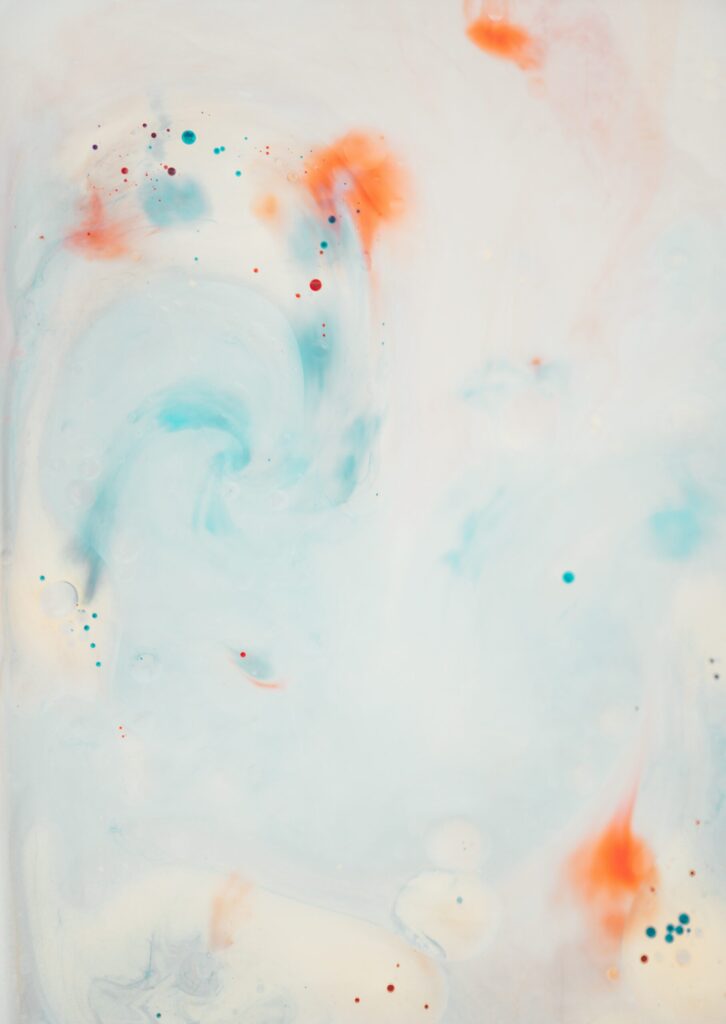We drafted a bill which makes it possible for victims of nonconsensual porn to sue the offender. Now that bill is pending in Albany! On January 28, 2016, Assembly member Edward Braunstein -D amended Bill No. A00571A to create a civil remedy for revenge porn. This civil remedy is affixed to the even more critical bill criminalizing revenge porn. It has 29 sponsors in the Assembly alone. Our bill has also been adopted by the Cyber Civil Rights Initiative as its model civil bill and is under legislative review by elected officials in a few other states, too.
Why we love our law:
- It includes not just disclosure of the images, but threats to disclose the images. This is important because offender’s psychologically torture victims with the threats to distribute the image if the victim doesn’t do X,Y, or Z. The dread of disclosure is so psychologically distressing. I’ve seen the threat keep people in abusive relationships, force them into marriage against their will, and coerce them into having sex with people they did not want to have sex with.
- It includes situations in which the images were obtained under false pretenses. It’s not uncommon for somebody to impersonate another person online, gain a victim’s trust, groom her, pressure her to send the pics, and then reveal themselves to have been masking their identity. This often leads to extortion.
- The victim can ask the court to order the image’s destruction and for the court to restrain the image from further distribution.
- The court can also order preservation of information — this (info from the website and devices) may be critical to prove the offender is responsible.
- The offender is liable for actual damages, punitive damages.
- The offender may be charged $1,000 per day the image is viewable up to 30 days or $10k whichever is higher.
- The offender must pay the victim’s court fees and attorneys’ costs.
- The victim’s privacy is protected during and after the proceeding — (s)he may proceed under a pseudonym and must be told by the court at the earliest possible point that (s)he has that option. All identifying information about the victim may be redacted from court papers.
- The statute of limitations is stretched to five years after the last disclosure or incident.
- The victim’s ability to bring a lawsuit of this nature does not hinge on whether there was a successful criminal conviction or any criminal proceeding whatsoever.
- Celebrities can use it too! In many privacy torts, public figures do not get the same rights as the rest of us. The victim’s status as a celebrity will not suffice to defeat this cause of action.
The New York Senate now has an easy interface for informing your local elected officials how you feel about pending legislation. Please tell them you want this!



